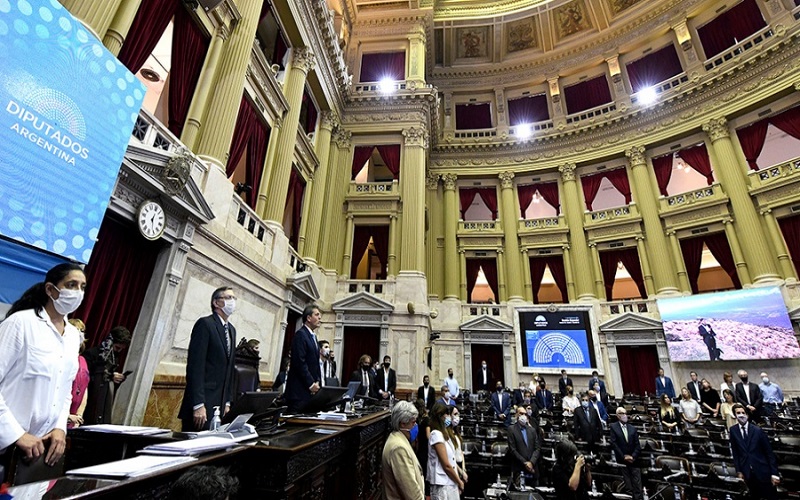On Tuesday, the government formalised the call for the extraordinary sessions of Congress, which will take place between 1 and 28 February.
The decree includes 18 projects that the Executive will propose for its treatment, among which two are directly related to the country’s mobility: the Electromobility Law and the Automotive Industry Law.
The sector was also expectant about another proposal: the Hydrocarbons Law, which proposed the creation of a new legal framework to promote investment in oil and gas. However, once again, the authorities decided not to include it in the debate.
In this way, electric mobility will share discussion space and will seek consensus alongside other economic, productive, environmental and educational issues.
For its part, the automotive sector expects the Automotive Autoparts industry to be declared «strategic» and tax benefits to be established for new investments.
The benefits of the approval of the Electromobility Law
The project includes tax benefits, new institutions and long-term financing, both for supply and demand.
Specifically for the latter, Green Bonus will be imposed in the form of a direct discount on the price of the vehicle and its charger, and will be removed from the taxable base in personal property.
They would be 100% in 2030, 66% in 2035 and 33% in 2040. However, there were no official statements or details of state investment in charging infrastructure.
One of the static benefits for the productive sector is the refund of Value Added Tax (VAT) for investment and accelerated amortisation of investments for income tax.
Dynamic benefits for projects depend on the degree of integration. For non-terminal manufacturers, the focus is on reducing employer contributions and stimulating projects that promote domestic industry by substituting imports.
Likewise, the perspectives are medium and long term and «seek to generate consensus with society and a parliamentary debate that promotes understanding among all political forces since it is a 20-year plan».
With the approval of this project, there will also be two institutional changes.
The National Agency for Sustainable Mobility will be created, chaired by the Ministry of Science, Technology and Innovation, whose main mission will be to promote scientific and technological development in order to transfer it to the productive system. It will also observe and monitor international trends, regulations, certifications and technological changes in the sector.
In addition, the Sustainable Mobility Trust Fund (FODEMS) will be created, which should guarantee the availability and sustainability of financing for the next 20 years from various sources, such as the tax on liquid fuels and carbon dioxide.





















